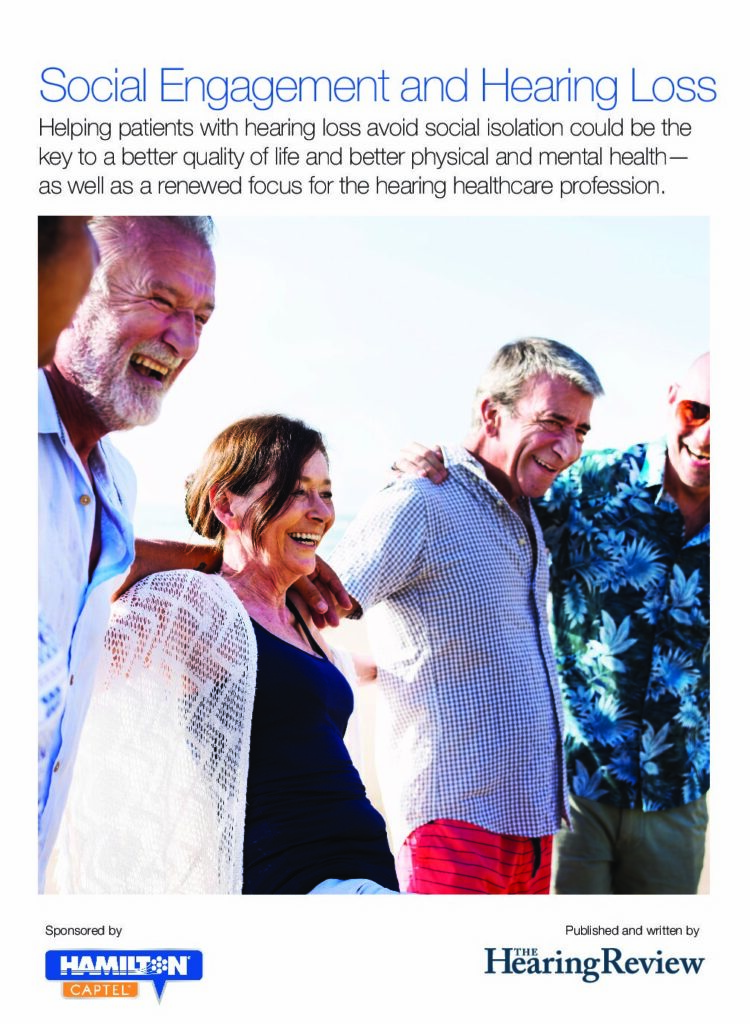Helping patients with hearing loss avoid social isolation could be key to providing them with a better quality of life and better physical and mental health—as well as a renewed focus for the profession of hearing healthcare.
Humans are social creatures. Better hearing and staying connected should be the goal of patients with hearing loss and hearing care professionals alike. As scientists continue to link hearing loss with loneliness, social isolation, depression, cognitive decline, and even changes in brain processing centers, the value of hearing in general healthcare continues to be revealed. Featuring comments from leading experts in audiology and psychology—including Barbara Weinstein, PhD, Michael Harvey, PhD, Melanie Ferguson, PhD, Piers Dawes, PhD, Anu Sharma, PhD, and David Blanchard—Social Engagement and Hearing Loss reviews new and important research in this area. It also shows why the field of audiology needs to renew its focus on the psychosocial impact of hearing loss—with the goal of restoring hearing, audibility, and understanding so that patients can regain their social engagement and communication activities—so they can again enjoy those aspects in life that are most meaningful and rewarding.
The report, produced by The Hearing Review and sponsored by Hamilton® CapTel®, also doubles as an excellent educational resource for any physician outreach and referral program.
To get the PDF of this report, click here.







Please find a cure for Tinnitus. It causes me a lot of depression and isolation. I wear hearing aides but can’t sometimes. I work in a loud environment I have to wear ear plugs and ear muffs head ear phones. I have to stand and listen to my head ring all day. Please find a cure for hearing loss as well. I am afraid to go to loud places anymore. I don’t want to loose anymore of my hearing.
Thanks.